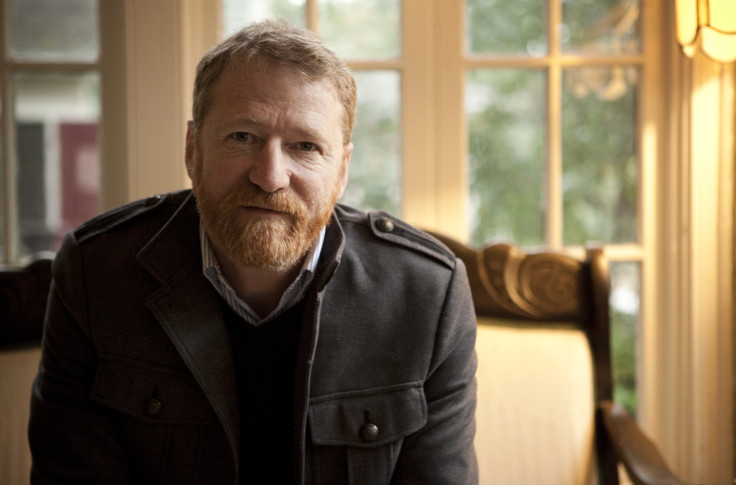David Lowery Calls On NY Attorney General Eric Schneiderman To Investigate Streaming Music’s Royalty Problem

Indie musician David Lowery has called on New York Attorney General Eric Schneiderman to investigate streaming music services over unpaid mechanical publishing royalties. Lowery, who rose to prominence in the 1980s alternative rock scene and currently works as a lecturer at the University of Georgia, sent a letter to Albany Monday detailing a systemic, thorny problem that has made it difficult for services like Spotify, YouTube and Apple Music to compensate the songwriters responsible for the songs people stream on their services.
At issue is a much-maligned “escrow” system by which streaming companies hold on to royalty payments for songwriters they are unable to contact. The situation has created a growing pool of unpaid royalties estimated to be worth as much as $100 million.
“I think that highly sophisticated and well-funded high-tech digital services like Spotify and Google should be held to at least the same standard as the record companies regarding unpaid royalties,” Lowery’s letter reads. “If licensees don’t know who to pay, then why are they using the music in the first place?”
According to the letter, this is a problem Lowery has dealt with personally. By his own count, Spotify is using more than 150 songs he wrote while heading the bands Camper Van Beethoven and Cracker without paying him mechanical publishing royalties, which are flat fees owed to songwriters every time a digital copy of a composition is played. Lowery said he has reached out to Spotify for an explanation.
Lowery is far from the only person wrestling with this problem. Last month, Spotify pulled Chicago-based record label Victory Records’ entire catalog off its service after the label complained that it was owed mechanical publishing royalties on 53 million streams that had occurred on the service. To date, Victory’s catalog remains offline, with label and streaming service both working to find a solution that works for both parties.
In both instances, the lack of payments may not be the fault of the streaming services themselves. None of the on-demand streaming services, which are quickly becoming the most popular way for people to listen to music, built infrastructure necessary to identify all of the rightsholders associated with the compositions they ofter their listeners. Instead, that responsibility is transferred to third parties, which themselves often have to deal with information that is inaccurate, unclear or missing.
That problem is further compounded by a lack of transparency, which clouds the chain of transactions that connects a song's stream to its author's bank account. In most cases, neither songwriters nor performers have the right to audit the statements they receive.
The New York Attorney General has taken an interest in music industry issues before. Back in 2002, the office, then headed by Eliot Spitzer, decided to look into claims that record labels had stopped paying royalties owed to older performers. After two years, Spitzer's office determined that the labels had simply stopped tracking down performers so they could pay them, leading to a $50 million settlement that saw money distributed to thousands of artists around the world in 2004.
“Precedents established by your office over 10 years ago could go a long way to solving this problem if you enforce them against ‘new boss’ companies failing to disclose they are holding royalties,” Lowery wrote.
© Copyright IBTimes 2024. All rights reserved.





















